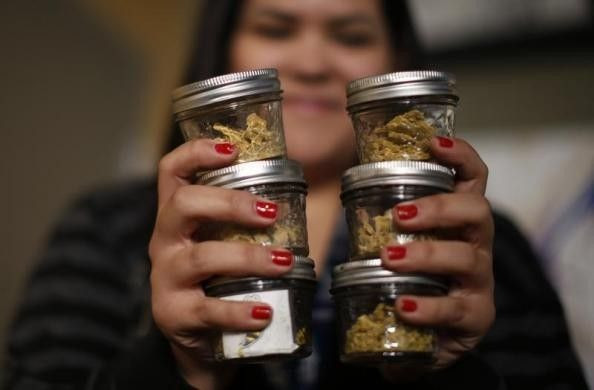Marijuana is Responsible for Paranoia: Latest Study Reveals

Marijuana commonly known as cannabis is a drug which is the plant product from Cannabis sativa or Cannabis indica.
The main active ingredient of marijuana is known as delta-9-tetrahydrocannabinol (THC). THC is found to be responsible for the majority of the drug's psychological effects, like hallucinations and delusions.
A research team, led by Prof. Daniel Freeman of the University of Oxford in the UK, recently published their observations in the journal Schizophrenia Bulletin.
Scientists suggest that THC - the main active component of marijuana causes certain specific negative feelings and changes perceptions which induce paranoia amongst the drug users.
According to previous findings, use of marijuana can induce paranoia which Prof. Freeman describes as "excessive thinking that other people are trying to harm us."
"It's very common because in our day-to-day lives we have to weigh up whether to trust or mistrust, and when we get it wrong - that's paranoia," he explains." Many people have a few paranoid thoughts, and a few people have many paranoid thoughts."
In the study, effects of THC on 121 participants ages 21-50 were tested in order to check whether the compound triggers paranoid feelings and if so, what was the mode of action of the drug to create such feeling.
All participants used cannabis at least once previously and had no history of mental health conditions.
Two thirds of the users were given with THC at a dose equivalent to a strong joint, while a third of participants were injected with a placebo. It was found that the effect of THC lasted for 90 minutes and participants who were on THC, around 50 per cent reported paranoid thoughts, compared with 30 per cent of participants who received the placebo.
It was also reported that THC is capable of inducing anxiety, worry, reduced mood, negative thoughts about oneself.
"Paranoia is likely to occur when we are worried, think negatively about ourselves, and experience unsettling changes in our perceptions," Prof. Freeman was further quoted saying.





















